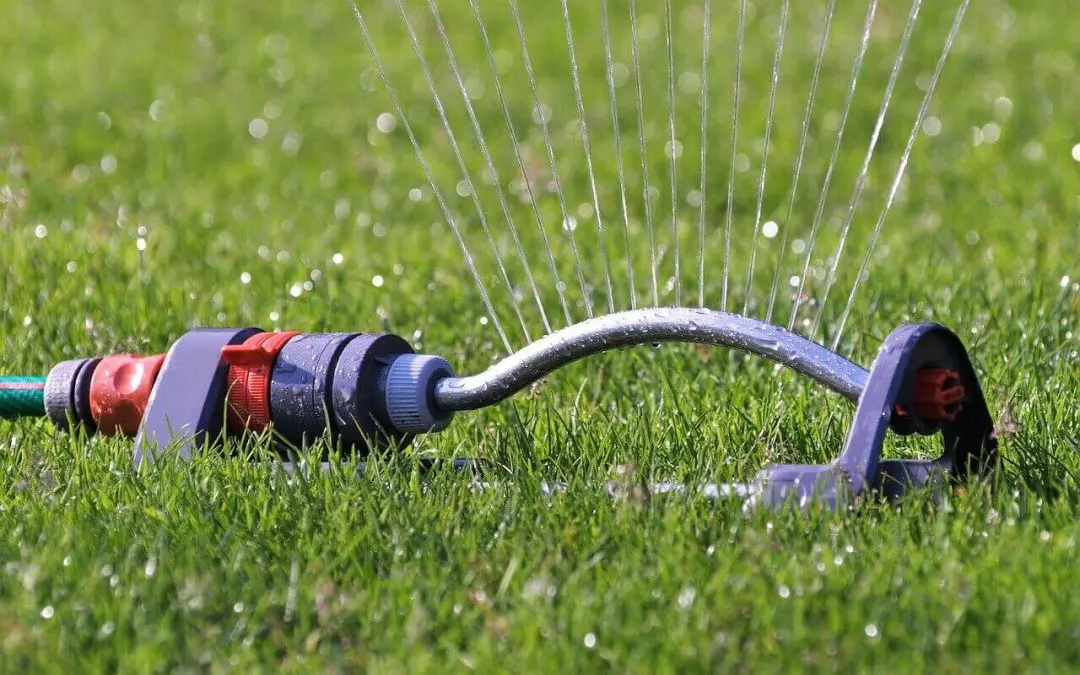Many homeowners use more water during the summer, especially if you water the lawn or garden each morning or have a swimming pool to maintain. Conserving water in the summer is an excellent way to save money and use resources responsibly.
Conserving Water in the Summer by Fixing Leaks
A faucet dripping four times each minute wastes over 200 gallons of water a year. When conserving water during the summer, don’t forget to repair leaky faucets and check pipes and hoses for signs of problems.
If you aren’t sure whether or not you have a plumbing leak, look at the water meter when no water is being used, and appliances are off. If the numbers on the meter rise, you have a hidden leak somewhere in the home.
Water Your Garden in the Morning
To conserve water during the summer, water your plants first thing in the morning. At the hottest part of the day, water will evaporate before it gets a chance to seep down to the plant roots. If you use sprinklers or another irrigation system, set it up to water the lawn deeply in the morning instead of afternoon or evening.
Choose Drought-Tolerant Plants and Hardscaping
In very hot and dry climates, choose native, drought-tolerant plants that can withstand periods of intense heat and not much water. Cacti, succulents, and echinacea are some popular options. You’ll even find great ground covers for planting around paths and walls. Limiting your use of grass by adding hardscaping as gravel, stone, brick, or pavers helps conserve water in the summer and every season.
Collect Rain When Conserving Water in the Summer
Rainwater is suitable for various purposes, including watering plants in the garden beds and keeping the lawn healthy. Use barrels to catch rainwater during summer storms and store it for easy use. Place a lid on the barrel when not collecting water to avoid attracting mosquitos.
Let the Grass Grow
Grass blades that are longer are more resilient during periods of drought. Taller grass provides better shade to the soil’s surface and helps retain moisture. To conserve water during the summer, set the mower blades higher to keep the grass from being cut too short. When mowing the grass, don’t remove more than one-third of the height.
Use the Dishwasher
Modern dishwashers are energy and water-efficient and use less water to clean the dishes than hand-washing. Wait to run the dishwasher until it’s full, and scrape off the food first instead of rinsing plates under the faucet. If you have not replaced your dishwasher in a while and are shopping for new appliances, look for an Energy Star model designed to conserve water.
GreenTech Home Inspections offers inspections to home buyers and sellers in the Las Vegas area. Contact us to schedule our services.

